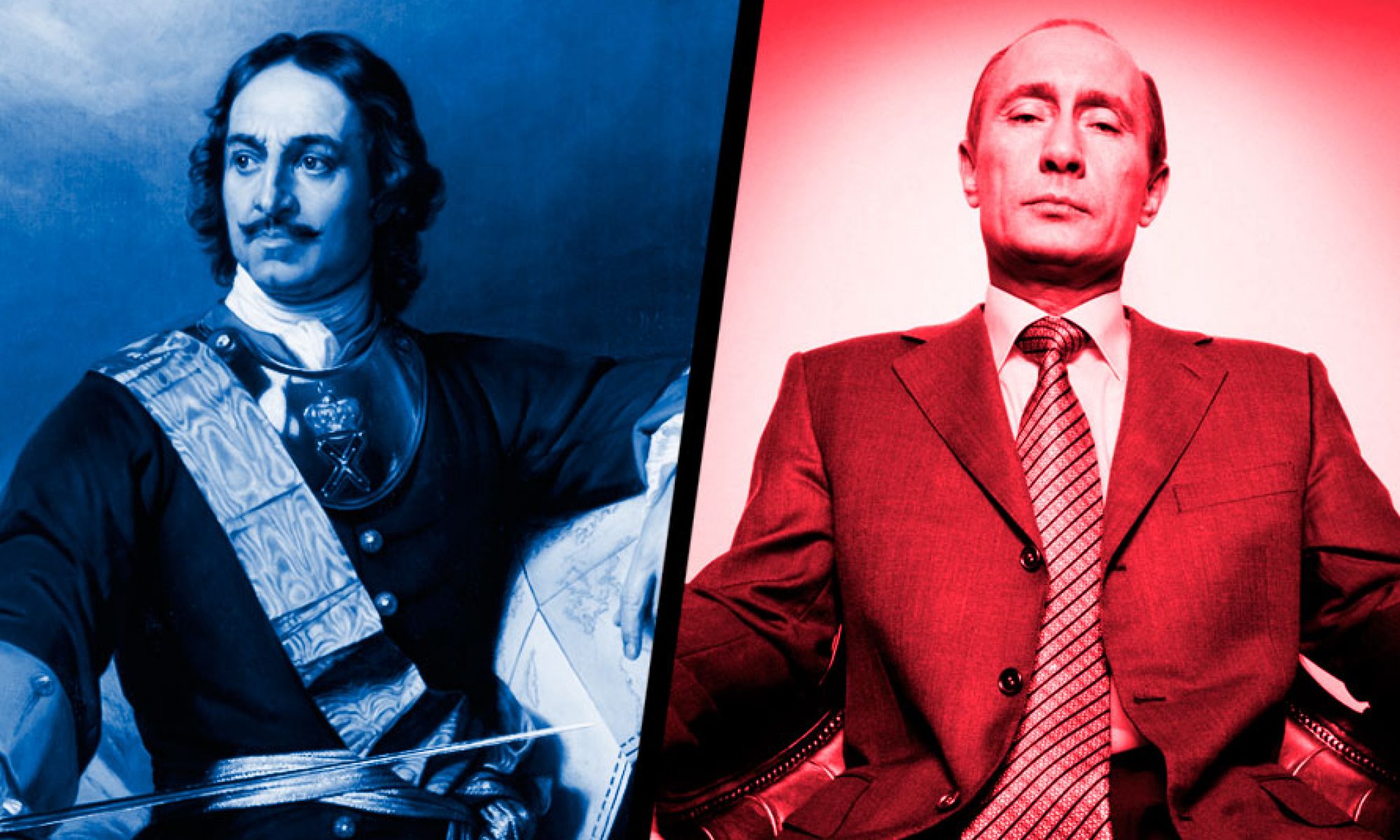By Erik Blasic, Lauren Griswold, and Kate Sullivan
Imported from the West and combined with traditional folk and bard music, Soviet Rock and Roll demonstrates the emergence of a new generation that infused foreign with long-established artistry. The Iron Curtain and censorship attempted to keep any form of rock music out of the Soviet Union because Soviet officials feared the ability of rock to unravel communist ideals through its energy and messages embedded in its lyrics. These fears were unfounded in actual practice, but officials were still worried and wanted to protect their carefully produced propaganda machine. Soviet Rock and Roll was started through people listening to western rock and roll from records that were smuggled over or radio stations that were broadcast over the political barrier which illustrates how technology really helped Soviets to listen to rock and roll. To copy these records, people would imprint the recordings on used x-rays and share them around. Small rock and roll communities emerged, and Soviet artists began to experiment for themselves with producing their own music. These artists could not gain as much as a following as their Western counterparts because they had to stay underground, yet their music still carried messages of change. In our project, we wanted to present different bands and the reactions of “judges” to the music, lyrics, and “tusovka.”
https://drive.google.com/open?id=1551FCZC-XRkXw4zg-oixAWzCvdF8hR_m
Bibliography: https://docs.google.com/document/d/1p70R5tFwjaDUhGBzyEjuc9Qs36jOWVr6LnfH3FuMJAo/edit?usp=sharing
